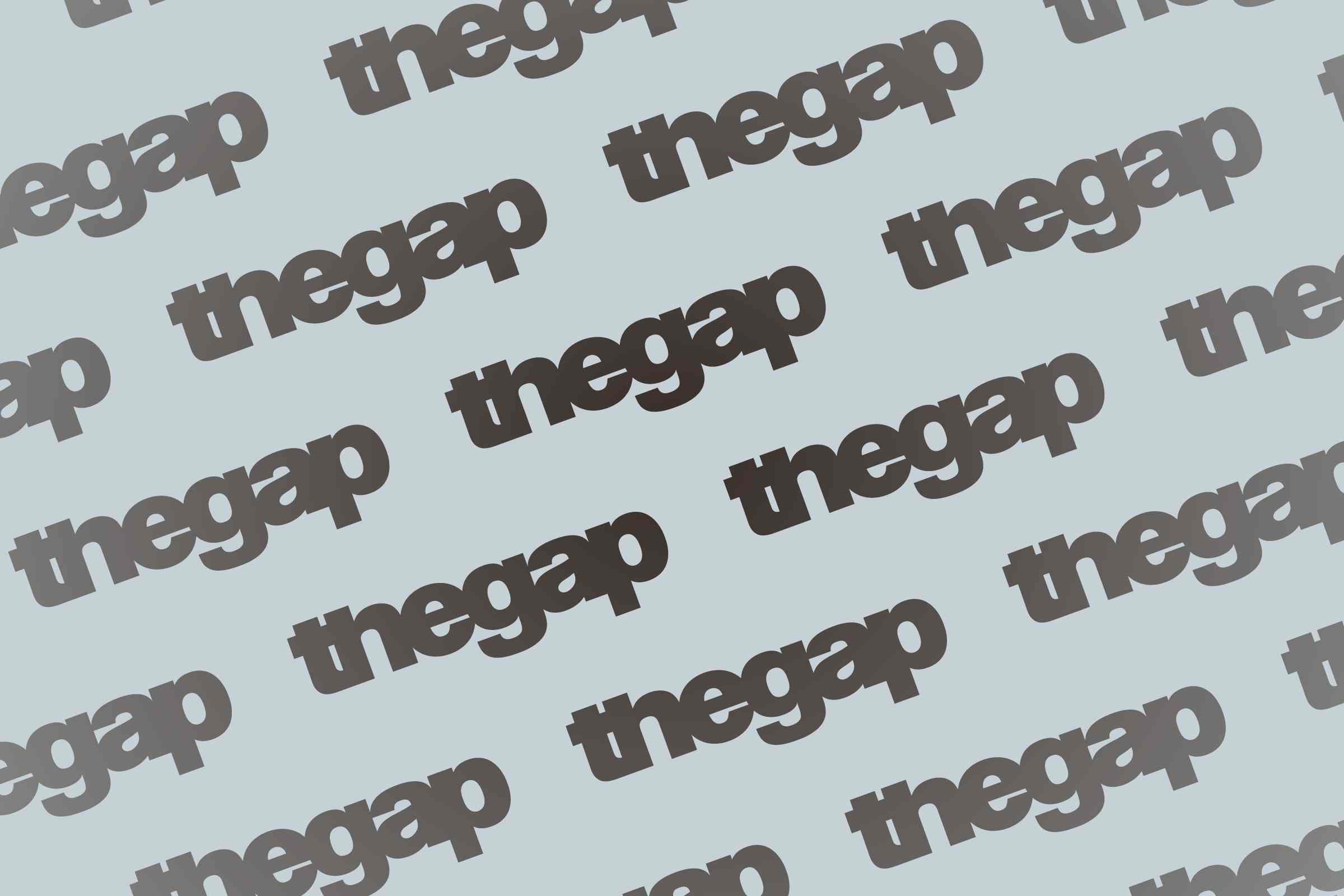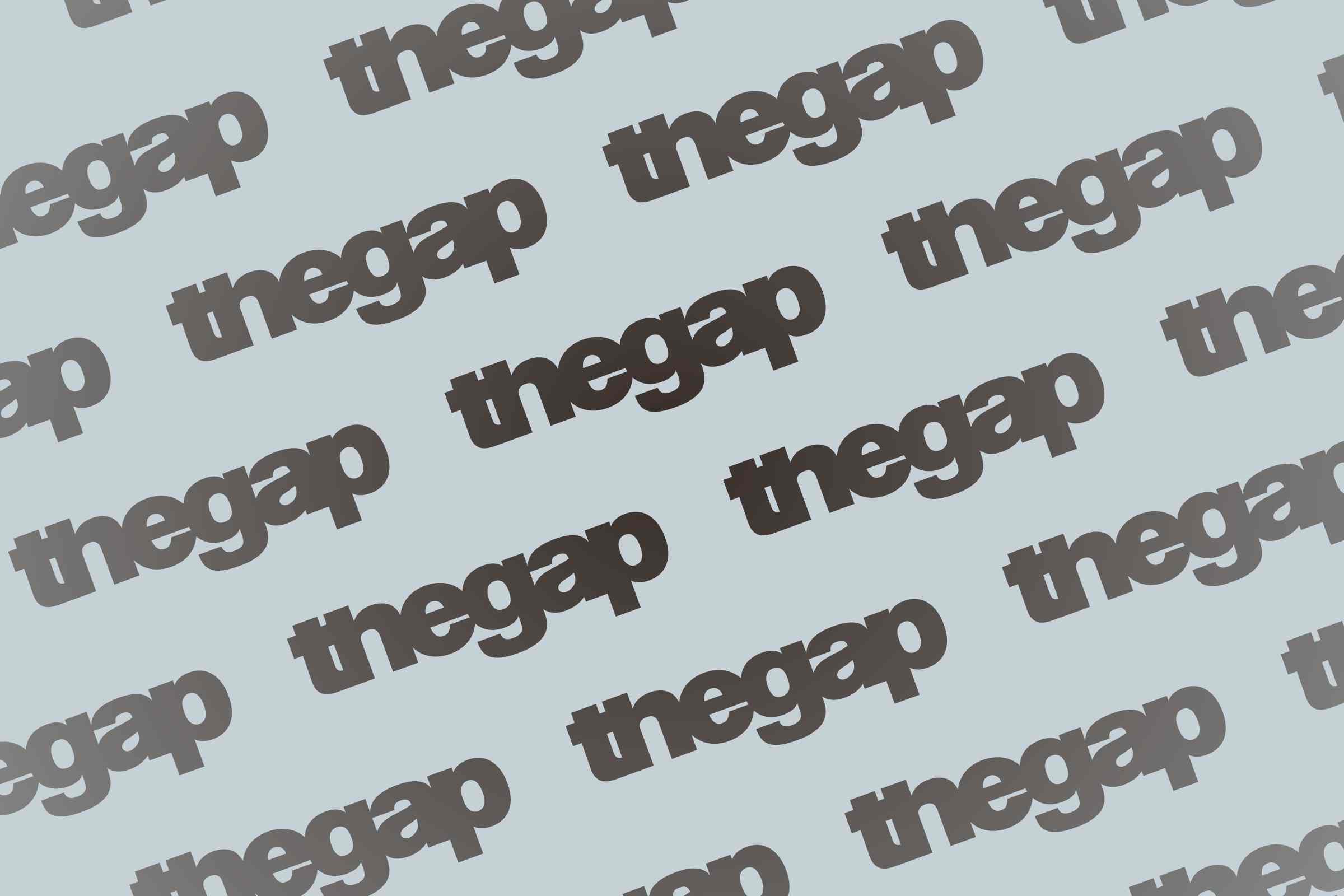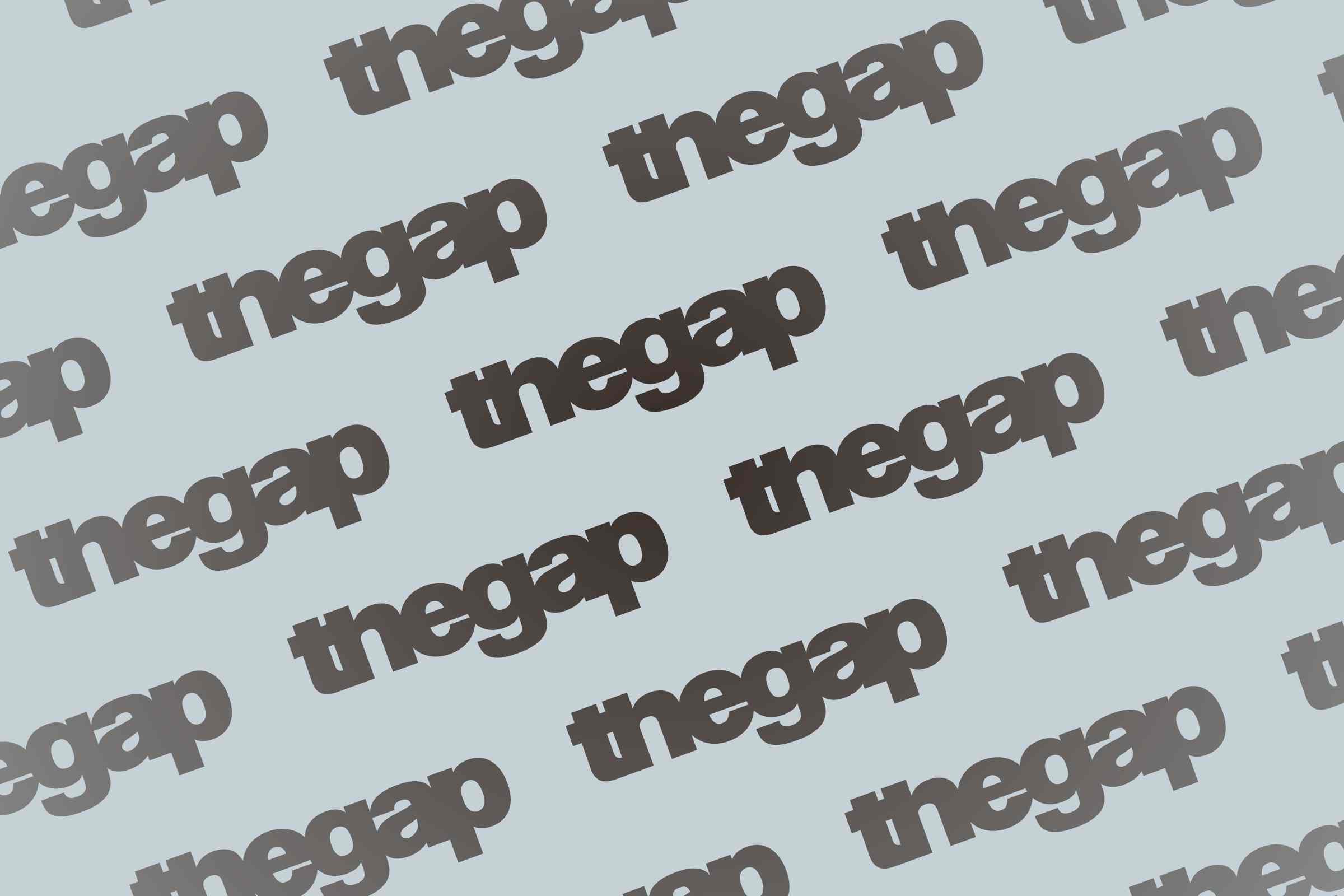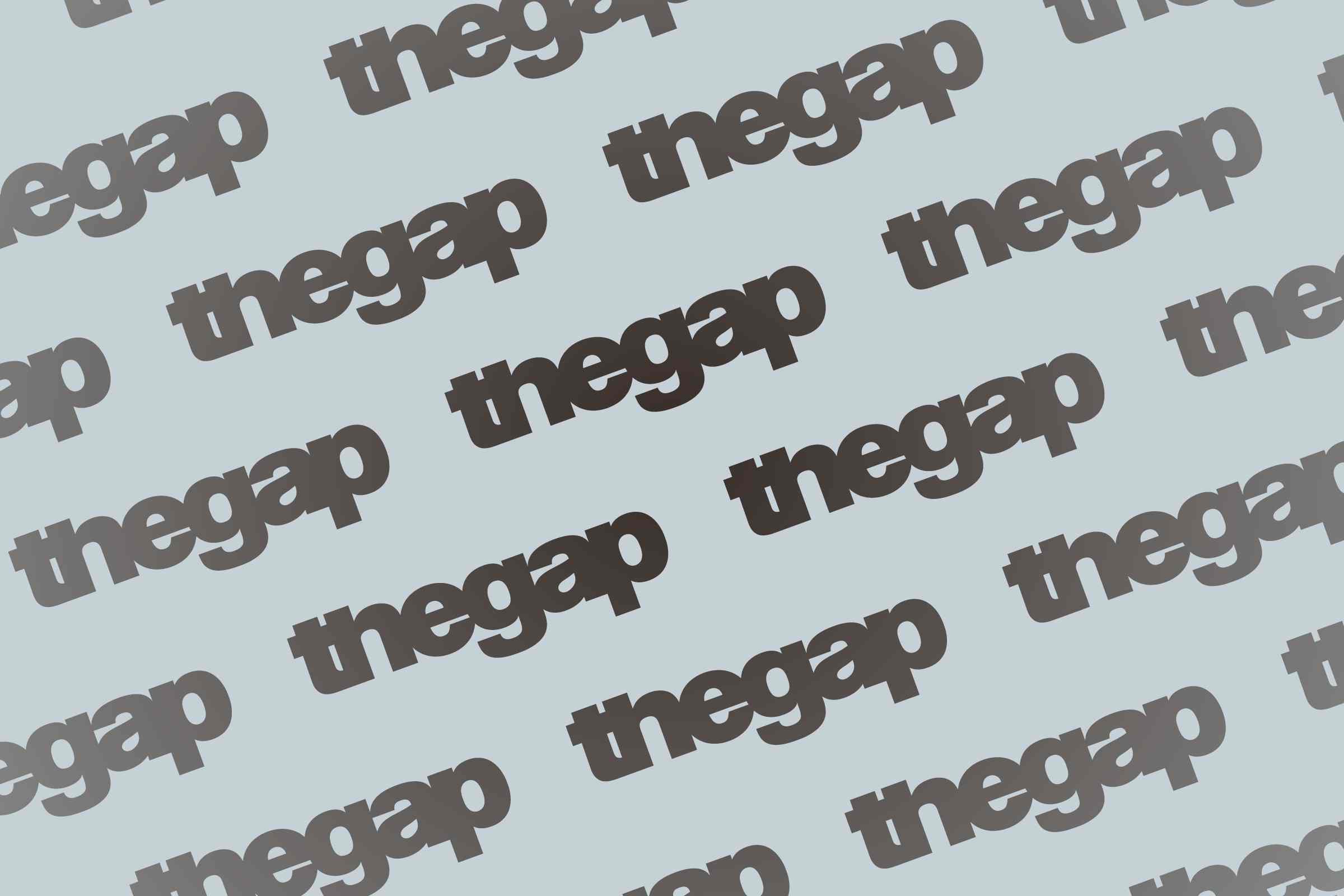Pop-ups don’t just pop up as one might believe – they require long planning, good organization and a good team. We talked to Brian Patton, who is the brain behind Slow Tacos, Big Smoke and of course It’s all about the meat baby – which is celebrating its revival this year.
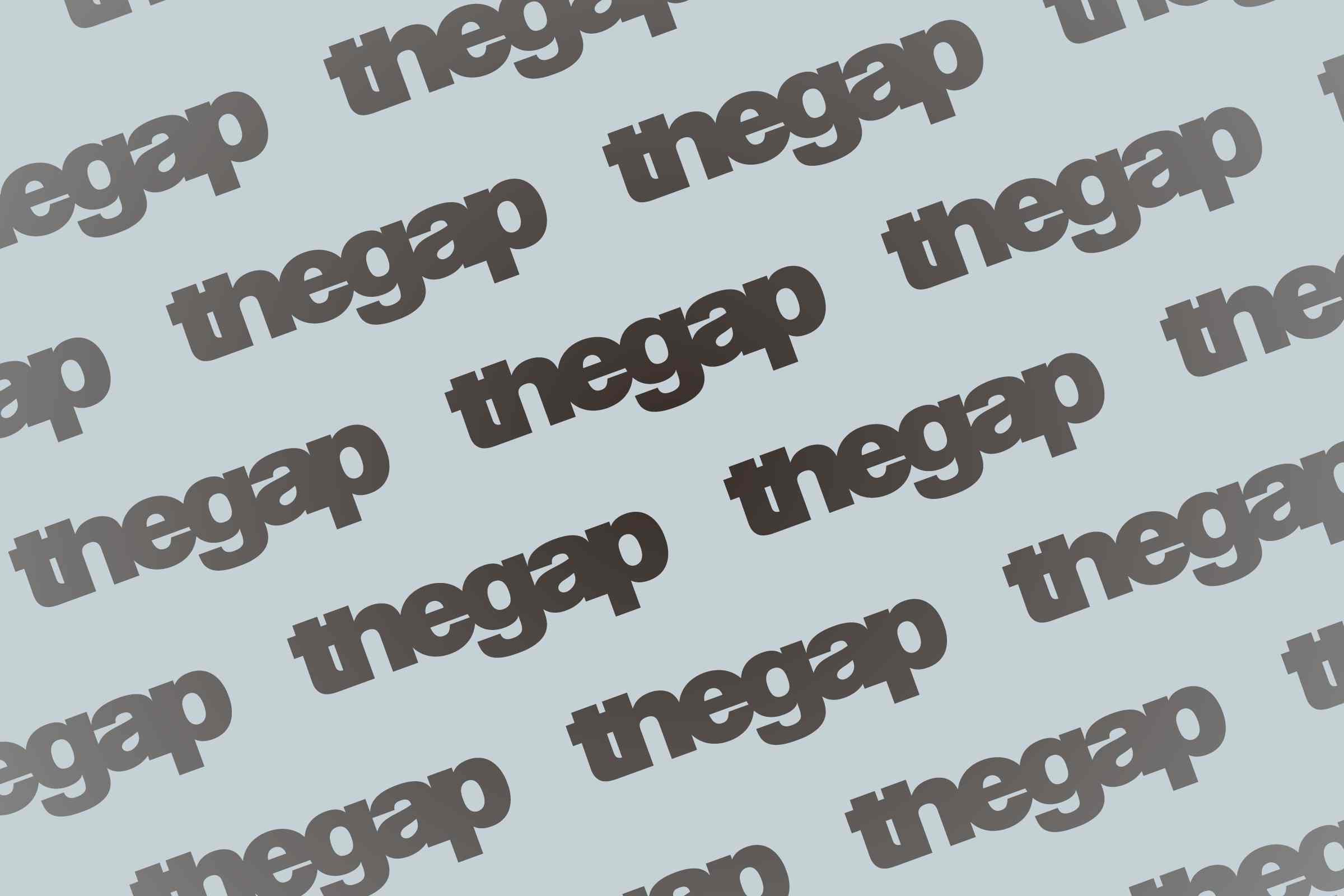
Brian Patton is Irish and came to Vienna in 1996, where he founded Charlie P’s at Währingerstraße in 1997. Since 2013 he’s doing successful Pop-ups at the Donaukanal. Setting the focus on quality food led to the customer’s request for permanent versions of his Pop-ups. After Big Smoke has closed at Donaukanal Brian opened The Brickmakers Pub & Kitchen and after this season of It’s all about the meat baby, it will get a permanent location too.
Now it’s official: You’re hosting It’s All About The Meat Baby again this season, which went through the roof the first time you did it. Do you think you can live up to this success this year?
You never know with opening concepts how successful they are going to be before you start and even with ones you have done before. Our team never takes success for granted but I have to say I am really excited to see how "meat baby" goes again. We have had a lot of people asking us to do it again.
What will be new this year?
This is the first time we have done meat baby with our chef Peter Zinter involved, so I am really excited about some of his ideas. The fish burger is one, I am really looking forward to see what reaction it gets.
You have announced that you won’t be doing any Pop-Uups anymore and that you will set your focus on permanent restaurants. Who will be your successor on Donaukanal and what are your thoughts on the Pop-up trend in Austria?
I am not leaving Donaukanal but just making "meat baby" permanent down there. I love Pop-ups as they provide such an education for myself and my team. We get to create something brand new with not too much costs involved, but can be really creative with the important stuff such as the food and the look of the interior. I love to see the accessibility that Pop-ups bring to Austria. It enables a young creative person to express themselves in gastronomy and without huge costs. We need more young people starting their own businessess and I really welcome this.
You’re very experienced in this industry. Do you have any advice for people who are doing Pop-ups for the first time?
Do a business plan! Try and get the figures/costs as accurate as possible before you start. Try and talk to someone who has done this before or has experience. I always welcome people asking for my advice and I’ll try and help them if I can.
Why did you want to change the concept of your Pop-ups every year?
To try and challenge myself and my team to learn and to try new things. I had a few ideas that I really wanted to try out and Pop-ups enabled me to do that quicker than permanent restaurants and I didn’t have to find loads of cash to do it.
How did you decide, which cuisine is in the center of your Pop-ups?
I travel a lot and love trying new cuisines. When I was in Texas researching BBQ I ate at a taco truck in Austin, Texas and this inspired me to go to L.A. and San Fran to check out the street food and taco scene there and come back with my own interpretation. With meat baby it was different. I have always been obsessed with burgers and think a really good burger is a work of art. It can always be experimented with or improved upon. What I really love is that it is essentially just about the quality of ingredients: the patty (meat) and the bun (bread, in our case both are homemade and we source 28 days dry aged Hereford Beef from Ireland which of course I am very proud of.
When you did Slow Tacos, many people criticised the prices and the size of the dishes, how do you react to such critique?
To an extent I agree. The portions took some time for us to work out. We run a business and have to make a profit but I totally get this is not of interest to a customer. They want good food and good value and our job is to satisfy this. With Slow Tacos we were maybe too brave with the ingredients and for example the use of offal (Innereien) was not so well received but it really is something very important to us as we believe, if you slaughter an animal you respect it by eating all parts of it. This is hard to translate in a menu to a customer. We also were dedicated to sourcing ingredients as locally as possible and this is very expensive. But we are not complaining and we learned a lot. That’s the cool aspect of the Pop-up concept. People also express their feelings/opinions more clearly and openly on social media like Facebook. We welcome this and learn so much from what they tell us. Unfortunately with Slow Tacos we had to close just when we thought we began to get it right and this is one downfall with a Pop-up.
Which cuisine, do you think, is missing in Vienna?
I would love to see more quality indian streetfood like you get in London at the moment.
What’s the difference between planning a Pop-up and planning a permanent restaurant?
With permanent restaurants you get more time to plan things and I suppose they have to look a little nicer but not always. It depends on the concept. I am personally concentrating on permanent restaurants now, because I want to develop more the concepts we already started and I feel there are more and more ideas to be expressed within those existing ones. I also love to develop a relationship with regular customers and with permanent restaurants this is much more possible. The magic of a restaurant/bar is when a customer forms an attachment/relationship with a restaurant and wants to keep coming back.
This year you will give refugees the chance to work in your Pop-up and the opportunity to start working in Austria. How important is social commitment to you and can the refugees work for you on a long-term-basis?
I really don’t want to put too much emphasis on this as we are not doing this to get publicity/awareness for our brand. I came to Austria as a foreigner nearly 20 years ago with no job and knowing nobody. I know what it feels like and lots of Austrians made me feel very welcome. The situation of the refugees – I hate that word, we call them trainees – is a much more extreme one as they had to flee their homes and sometimes leave family members. They want to build a life here and we need people to work for us so we are hopefully creating a win-win situation. I was hugely inspired by the work of Sepp Schellhorn in this regard. I also love the idea that some of the trainees can welcome the viennese people to "meat baby" in the form of "Gastgeber". It gives a great opportunity for both sides to get to know each other in a relaxed setting.
Would you tell us a secret and reveal the new permanent location of It’s all about the meat baby?
We are looking for places. We really don’t have one yet and will probably only start to really look seriously when meat baby at Donaukanal is up and running.
At Charlie P’s Pub and Dining you’re trying to combine High End Food and party. In how far do those two things belong together?
I love breaking rules sometimes and the days of people sitting in stiff restaurants whispering to each other eating good food are hopefully coming to an end. I think nowadays more and more people want to enjoy quality food in a more relaxed surroundings and have some fun. This is what we try to achieve at the Dining Room but I totally get that not everyone wants a pub atmosphere when doing this but hopefully enough do.
It’s all about the meat baby is opening soon at Donaukanallände vis-à-vis the Badeschiff.
